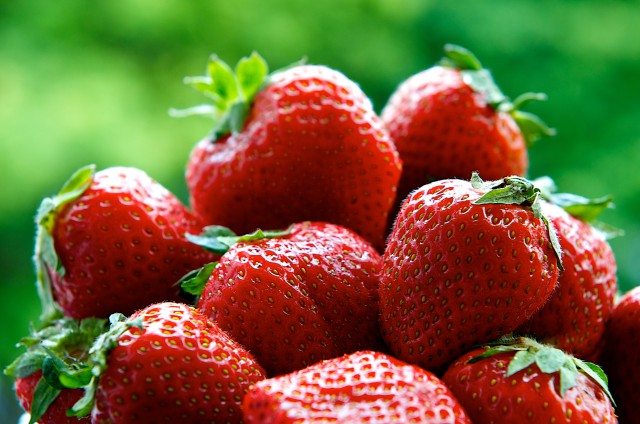The Food Standards Agency (FSA) has on July 29, 2014 published the results of a study to look at the origin of foods claiming to be from the UK and Ireland.
The study did not identify any cases of food on sale with misleading country of origin claims.
It used a screening technique known as stable isotope ratio analysis (SIRA) followed up with investigating traceability documentation.
The study examined 96 food samples (beef, pork, lamb, apple juice, tomatoes and honey) claimed to be from the UK, or from the Republic of Ireland.
The samples were taken from mid-December 2013 to early January 2014.
‘It’s vital that consumers are provided with a true picture as to where the food they buy comes from. If it says its produce from the UK, then it should be,” said COO Andrew Rhodes.
“We wanted, in this study, to check whether people were receiving accurate information on the origin of their food and the results are reassuring for consumers and businesses.”
“We also wanted to gain experience of using the relatively new SIRA technology as a tool to show the country of origin of foodstuffs,” he said.
“We found SIRA effective in raising questions about where a food comes from but we relied on traceability information to further investigate origin.”
“Defra and the FSA are continuing to work with the research community and industry to improve our ability to test the origin of foods and we look to build on this useful piece of work in the months ahead.”
Authorities found 78 out of 96 samples consistent with origin claimed
The samples were mostly taken from retail or wholesale outlets, although four samples of raw beef burgers were obtained from caterers.
They were not fully representative of the market, but, within the limitations of a small study, provided a reasonable spread across retailers and across the four countries of the UK.
The samples were taken from both top end food ranges and economy ranges.
Of the 96 samples screened using SIRA, 78 were shown immediately to be consistent with the origin claimed and 18 were identified for follow-up investigation.
Traceability and other evidence were requested for 17 of these samples.
In all 17 cases the evidence supplied supported the country of origin claim.
For food law authorities, FSA says it is very valuable to have a screening test that can help target investigation.
SIRA has been shown to have real potential.
For some foods it is already a realistic possibility for enforcement authorities to use SIRA screening, although for others some further development would be beneficial.










